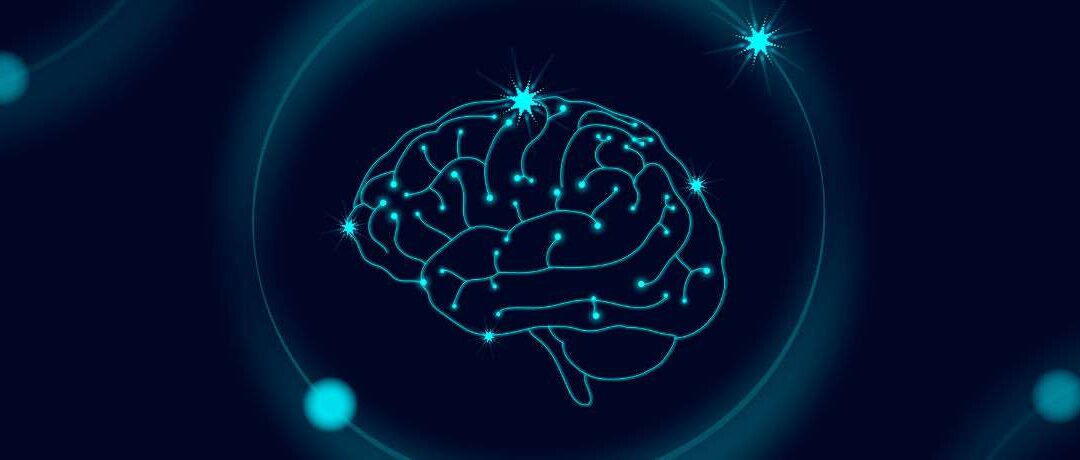Epilepsy is a neurological condition where brain function becomes erratic, resulting in seizures or phases of irregular behaviour, hallucinations, and even loss of consciousness.
Many people have developed epilepsy in Mumbai. It can affect both males and females of any age. Symptoms of epilepsy can vary greatly. Some people with epilepsy look blankly for some time, while others repeatedly move their arms or legs.
It is best to visit a neurosurgeon in Mumbai if you feel that you have epilepsy symptoms. So, why does epilepsy occur? Let us first understand the causes of epilepsy before moving on to the treatments.
What are the causes of epilepsy?
Around half of the people in Mumbai who have epilepsy have no known cause. The condition in the other half can be attributed to several causes, including:
- Genetic factors:
Some forms of epilepsy run in families. These epilepsies are classified according to the type of seizure or the part of the brain involved.
Few forms of epilepsy have been related to specific genes, but genes are just one aspect of the epilepsy puzzle. Specific genes can make an individual more susceptible to seizure-inducing environmental factors. - Head trauma:
Epilepsy may be caused by head trauma from a car crash or another physical injury. - Brain conditions:
Epilepsy may be caused by neurological disorders that inflict trauma to the brain, such as brain tumours or strokes. Stroke is the most common form of epilepsy in people above the age of 35. - Infectious disease:
Epilepsy may be caused by infectious diseases such as meningitis, AIDS, and bacterial encephalitis. - Birth injuries:
Babies are vulnerable to brain injury before birth, which can be caused by various causes such as the mother’s infection, inadequate diet, or oxygen deficiency. Epilepsy or cerebral palsy may be caused by brain trauma during birth.
How is epilepsy treated?
Epilepsy can be treated using medications and surgeries. Medications are usually used to treat seizures first. If treatments do not work, a specialist can recommend surgery or another treatment option.
Medications
Most patients with epilepsy will go seizure-free by taking only one anti-seizure drug, commonly known as an anti-epileptic drug. Others can find that taking a mixture of drugs reduces the frequency and severity of their seizures.
Many children with epilepsy who do not have seizures will finally stop taking their drugs and live a seizure-free life. After two or three years of seizure-free use, many adults will stop taking their prescriptions. Your doctor will tell you when it is time to stop taking your drugs.
When deciding which medication to prescribe, your doctor will examine the extent of your seizures, your age, and other considerations. Your doctor will probably go through the other medicines you are on and make sure they do not interfere with the anti-epileptic drugs.
The doctor will most likely start you with a single drug at a minimal dose and eventually increase the dose until the seizures are under control. Anti-seizure drugs can have some side effects. The below are some of the minor side effects:
- Tiredness
- Feeling dizzy
- Gaining weight
- Bone density loss
- Rashes on the skin
- Coordination problems
- Issues with speech
- Difficulties in memory and reasoning
The following are more severe but uncommon side effects:
- Down mood
- Suicidal thoughts and actions
- Excessive rash
- Inflammation of certain tissues, including the liver
Take these measures to get the best epilepsy management possible with medication:
- Follow the directions on your prescription carefully.
- Before going to a generic version of your medication or taking some other prescribed pills, over-the-counter medicines, or natural treatments, always consult a doctor.
- Never quit taking your medicine without first consulting your doctor.
- If you have elevated symptoms of sadness, suicidal thoughts, or odd changes in your attitude or behaviour, contact your doctor immediately.
- If you suffer from migraines, tell the doctor.
Through their initial prescription, at least half the patients initially diagnosed with epilepsy would be seizure-free. If anti-epileptic drugs are not working, your doctor can recommend surgery or other treatments. Your doctor will schedule daily follow-up visits to assess your diagnosis and prescriptions.
Surgical procedures
When medication fails to keep seizures under control, surgery could be an alternative. A neurosurgeon removes the part of your brain that causes seizures during epilepsy surgery.
Surgery is normally performed after tests reveal that:
- The source of the seizures is a small, well-defined part of the brain.
- The surgery area of your brain does not interfere with essential functions like voice, vocabulary, motor control, vision, or hearing.
While certain patients need medicine to suppress seizures even after successful surgery, most can take fewer medications and lower the dosages.
Surgery for epilepsy may have unintended consequences, such as permanently changing your reasoning ability. So, make sure you enquire about your specialist’s expertise, effective and complication rates for the treatment you are thinking about.

